News
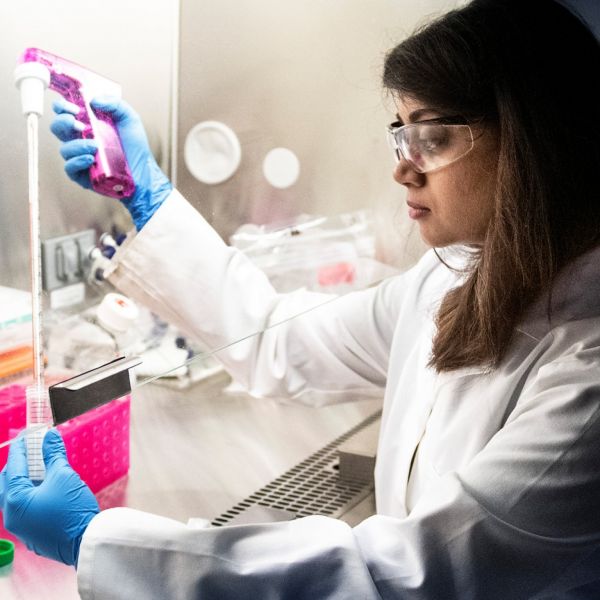
Apr 01, 2025
Biomedical engineering grad student earns American Heart Association fellowship
The American Heart Association (AHA) awarded Nivetha Gunaseelan, a doctoral candidate studying biomedical engineering in the Penn State College of Engineering, a predoctoral fellowship.
Full Article
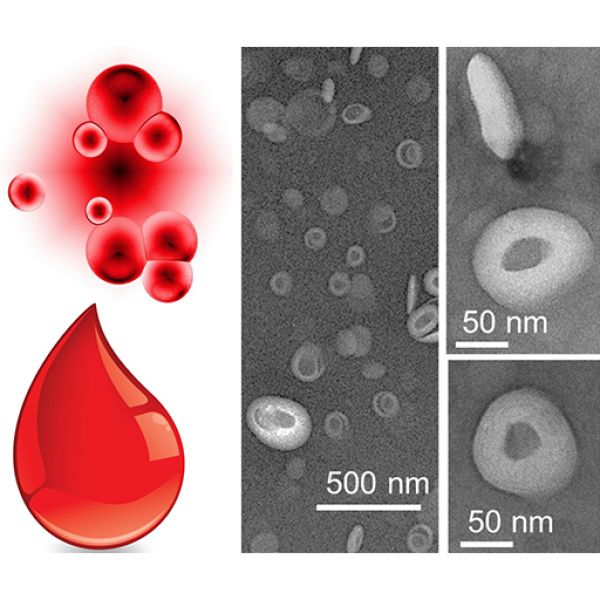
Apr 01, 2025
$2.7M NIH grant to fund next generation of synthetic blood
A multi-institutional team led by Dipanjan Pan, the Dorothy Foehr Huck & J. Lloyd Chair Professor in Nanomedicine at Penn State, recently received a four-year, $2.7 million grant from the National Institutes of Health’s National Heart, Lung, and Blood Institute to develop the next generation of synthetic blood.
Full Article
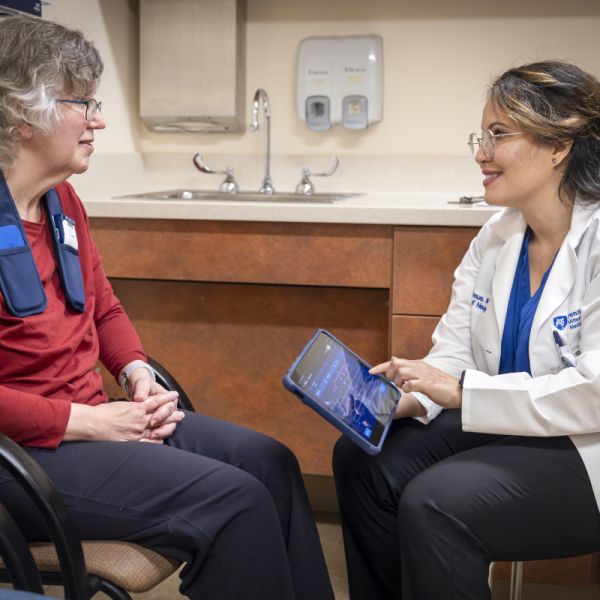
Mar 28, 2025
Hershey Medical Center first in Pennsylvania to offer new Parkinson’s treatment
Penn State Health Milton S. Hershey Medical Center has become the first hospital in Pennsylvania and one of only 23 in the nation to offer BrainSense adaptive deep brain stimulation (aDBS), an advanced treatment for Parkinson’s disease.
Full Article

Mar 10, 2025
Grant to explore maternal depression’s effect on young children
Penn State Associate Professor of Psychology Katie Burkhouse and a colleague at Vanderbilt University recently received a five-year, $3.8 million grant from the National Institute of Mental Health to study maternal depression’s potential effect on young children.
Full Article
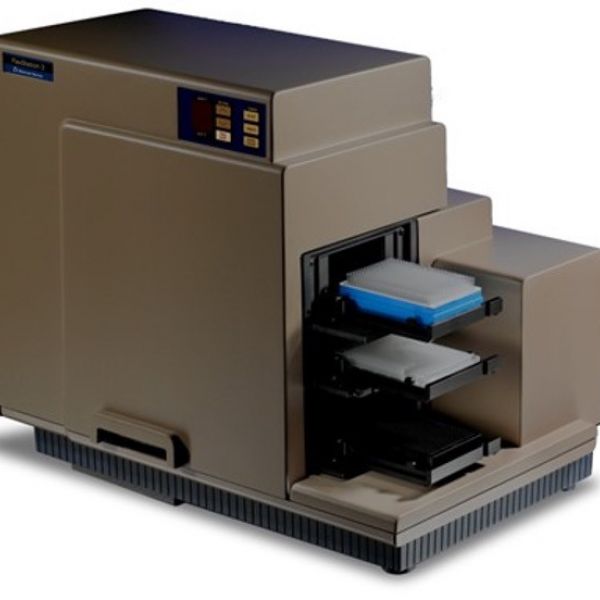
Feb 25, 2025
GPCR Assay Service Center Opens at Penn State College of Medicine
New facility will enable Penn State researchers to perform large-scale drug screening and signal transduction monitoring
Full Article
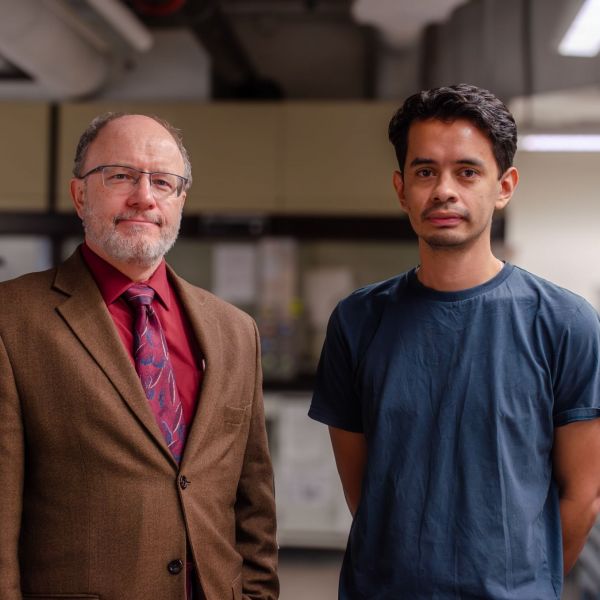
Feb 20, 2025
Young adults may be more vulnerable to nicotine addiction than the middle aged
People in their late teens and early 20s may be more sensitive to nicotine and more susceptible to nicotine addiction than middle aged adults, according to a new study in mice from researchers in the Penn State Department of Biobehavioral Health.
Full Article

Feb 14, 2025
ChatGPT for birdsong may shed light on how language is wired in the human brain
Just like ChatGPT and other generative language models train on human texts to create grammatically correct sentences, a new modeling method by researchers at Penn State trains on recordings of birds to create accurate birdsongs.
Full Article

Feb 12, 2025
Sainburg named fellow of the National Academy of Kinesiology
Robert Sainburg, professor of kinesiology and neurology at Penn State and Dorothy F. and J. Lloyd Huck Distinguished Chair in Kinesiology and Neurology, was recently named a fellow of the National Academy of Kinesiology.
Full Article

Jan 29, 2025
WATCH: Tracking disease progression in technicolor
The Laboratory for Materials in Medicine is advancing the imaging capabilities by developing contrast agents to target specific molecules and processes that may reveal more about disease progression than traditional scans.
Full Article

Jan 23, 2025
$17.9M NIH grant to research neurodevelopment disorders
Illuminating key biological pathways that underlie neurodevelopmental and psychiatric disorders, such as autism spectrum disorder and attention deficit hyperactivity disorder, is the goal of a new five-year, $17.9 million grant from the National Institutes of Health’s National Institute of Mental Health to a national team of researchers.
Full Article